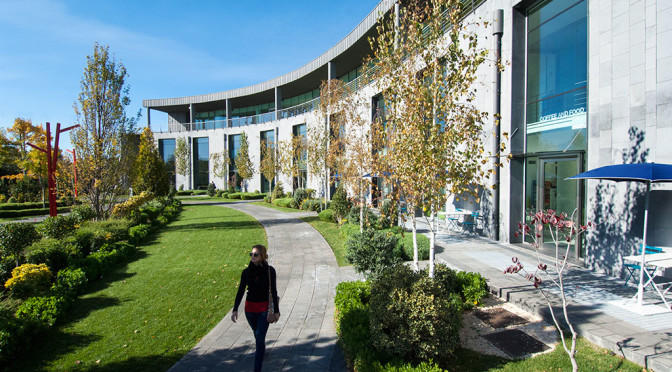Sicily, Tuscany and the Mediterranean Food, Foodways and Gastronomy Curriculum Highlights
The aim of the Mediterranean Food, Food ways and Gastronomy curriculum is to enable participants to study but also to experience, taste and experiment with their own hands & senses what food culture and cuisine means in the Mediterranean culture. Students will appreciate why food is central to all aspects of life, not merely for survival - it has always been important as a key to socialization, trade and culture.
Sicily and Tuscany
The Italian Peninsula stands alone for its emphasis on the importance of food culture. Italian cuisine and its relations with the historic heritage are of great importance. It is so integrated into the Italian culture that today we need to render it explicit and to be aware of the immense richness that food culture represents for this territory. Moreover, the island of Sicily, which represents, in a tiny but bold way, the main characteristics of the Italian peninsula, is a fundamental pillar of the history and culture of the Mediterranean basin. Tuscany in turn is central in the food history and culture: home to some of the most exquisite food & wine products (Florentine Beef, Tuscan olive oil, Brunello di Montalcino wine among others) in Italy, it has a great cooking and food conservation traditions.
Study and experience
Students can enroll in food history courses with Italian (but internationally trained) professors while also acquiring knowledge of Italian cuisine and products by meeting local farmers and chefs thanks to the cooperation with the Gambero Rosso (www.gamberorosso.it), a major wine & food culture company dealing with the gastronomy industry in the Italian peninsula.
Through this partnership students will discover:
- The inner beauty of the countryside and the Sicilian landscape: from maritime to the wonderful volcano Etna;
- the variety of Italian cuisine, which is well represented in the (comparatively) small territory of Sicily;
- agriculture, food & wine processing;
- cuisine at the centre of the Mediterranean diet;
- the local food while also approaching the subject with a scientific viewpoint;
- food production & processing, food diagnosis and species identification;
- italian language (during their stay in Sicily only). They will be tested upon arrival and assigned to their relevant class (beginners, intermediate and advanced).
Students will enjoy field trips and cultural events organized at archeological sites, but will also discover the wonderful architecture (palaces and churches) in which Sicily is steeped; they will be able to experience optional trips to local wine makers, local gastronomes and farms and to study through workshops in cooking & wine tasting with Sicilian restaurateurs and visits to local markets and local “sagre” (local food festivals).

